Labetalol infusion for refractory hypertension causing severe hypotension and bradycardia: an issue of patient safety, Patient Safety in Surgery
Por um escritor misterioso
Descrição
Incremental doses of intravenous labetalol are safe and effective and, at times, such therapy may need to be augmented by a continuous infusion of labetalol to control severe hypertension. Continuous infusions of labetalol may exceed the recommended maximum daily dose of 300 mg on occasion. We report a case in which hypertension occurring after an abdominal aortic aneurysm repair, initially responsive to intermittent intravenous beta-blockade, became resistant to this therapy leading to the choice of an intravenous labetalol infusion as the therapeutic option. The labetalol infusion resulted in a profound cardiovascular compromise in this postoperative critically ill patient. While infusions of labetalol have successfully been used, prolonged administration in the intensive care unit requires vigilance and the establishment of a therapeutic rationale/policy for interventions, such as the ready availability of glucagon, β-agonists, phosphodiesterase inhibitors, insulin, and vasopressin when severe cardiovascular depression occurs.
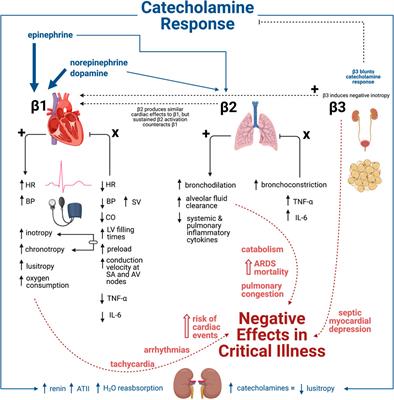
Frontiers Beta-Adrenergic Blockade in Critical Illness

LABETALOL HYDROCHLORIDE INJECTION, USP
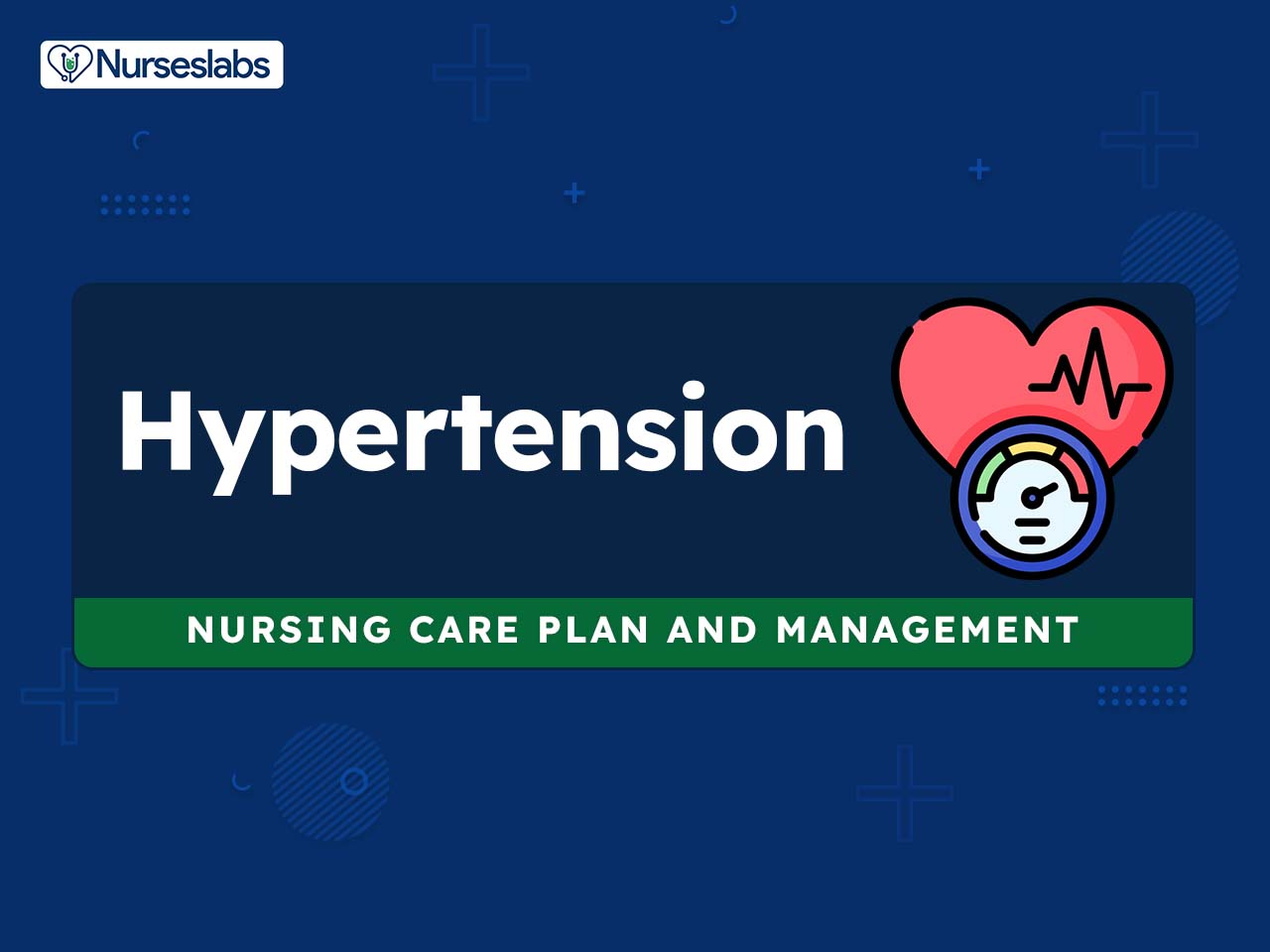
Nursing Diagnosis for Hypertension: 7 Nursing Care Plans [2023 Guide] - Nurseslabs

Hypertensive emergency - EMCrit Project

Use of Medication for Cardiovascular Disease During Pregnancy: JACC State-of-the-Art Review

Labetalol Hydrochloride
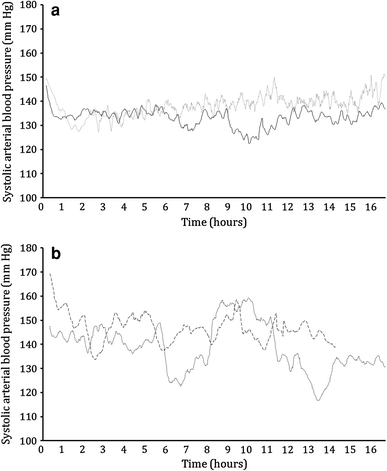
Effectiveness and Safety of Nicardipine and Labetalol Infusion for Blood Pressure Management in Patients with Intracerebral and Subarachnoid Hemorrhage

PDF) Labetalol infusion for refractory hypertension causing severe hypotension and bradycardia: An issue of patient safety
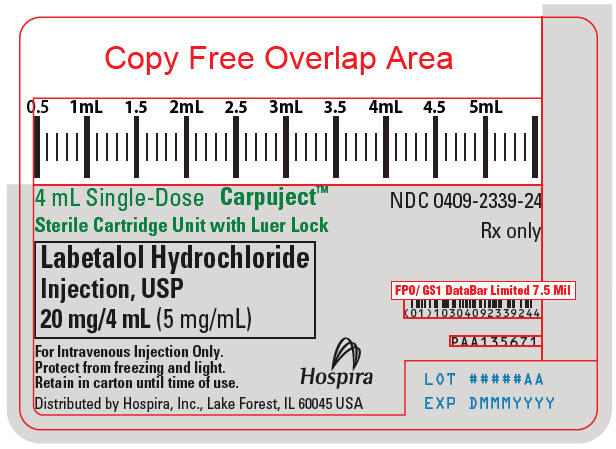
Labetalol Hydrochloride

Hypertension during the Acute Phase of Stroke
de
por adulto (o preço varia de acordo com o tamanho do grupo)

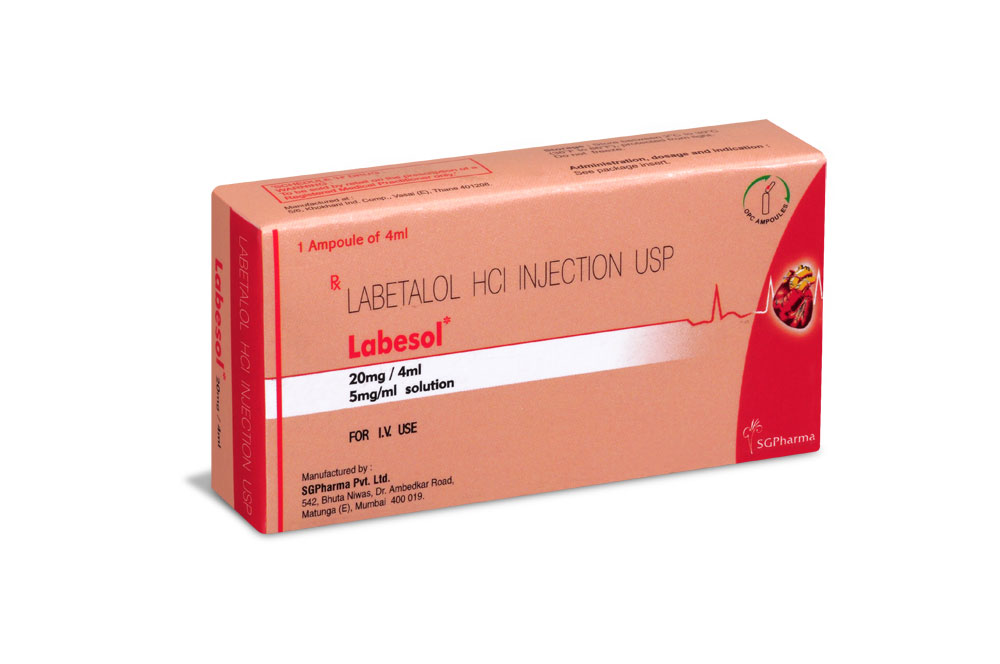





/i.s3.glbimg.com/v1/AUTH_bc8228b6673f488aa253bbcb03c80ec5/internal_photos/bs/2023/i/S/3lcCA7Tsuw0mqtkB3dxQ/4.png)